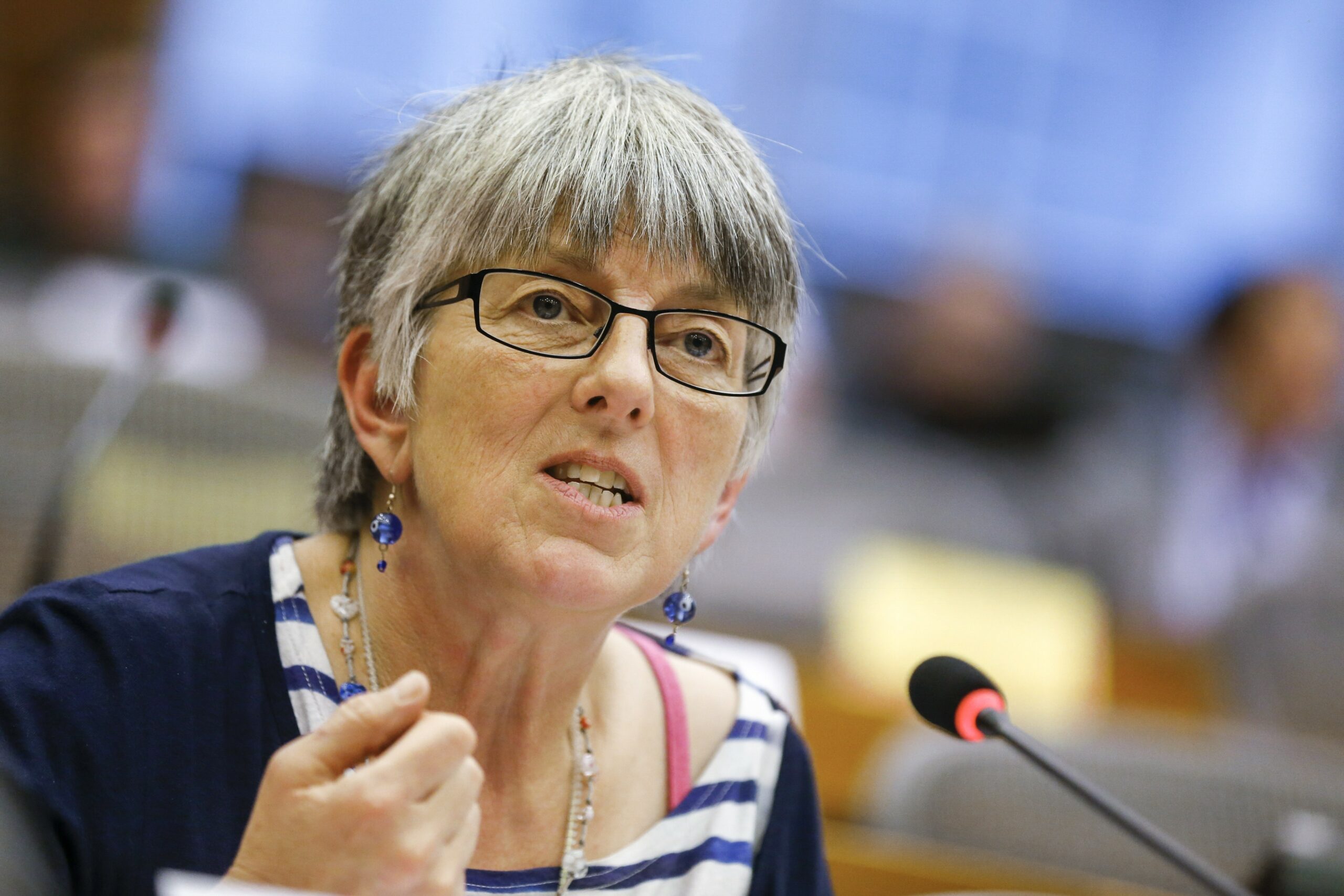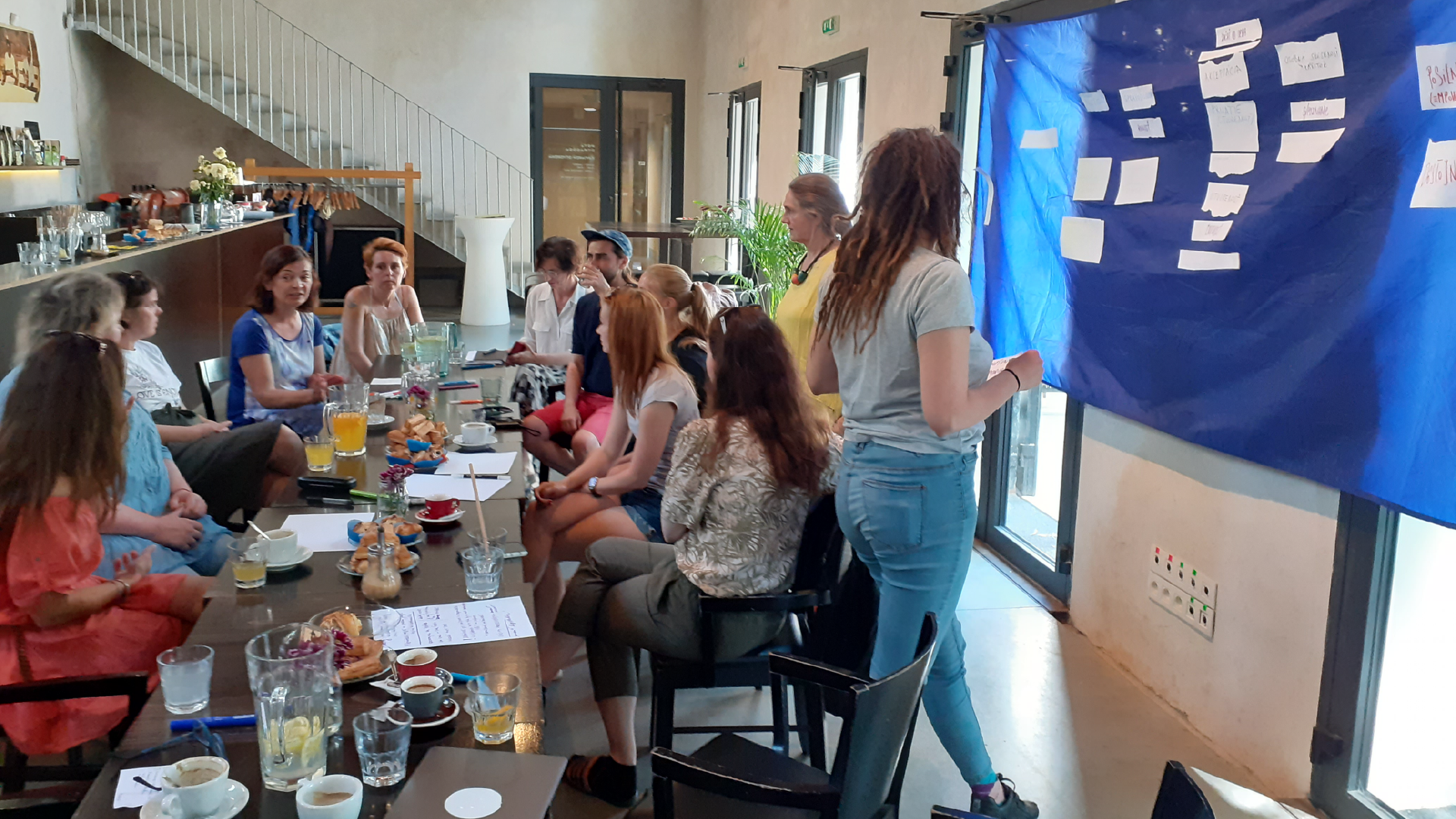Social prescribing is a relatively new concept in the field of healthcare that aims to address social factors that affect people's health and wellbeing. It involves connecting patients with non-medical support such as community groups, cultural activities, and other resources that can help them to address underlying social determinants of health. While the concept of social prescribing is exciting and holds great potential to address social inequalities in healthcare, there are several risks associated with the way it is currently being implemented.
"The Social Prescribing Framework - theoretically - creates a space for you to think about all things social. That's the dream about it"
- Rochelle Burgess
In a recent BBC Broadcast interview with Rochelle Burgess, a healthcare professional with years of experience working with women on mental health issues in e.g. South Africa, it was revealed that social prescribing interventions are often narrowly focused on relational factors, such as joining a choir or a gardening club – without addressing the underlying social factors that drive poor health outcomes. Rochelle Burgess argues that social prescribing should be viewed as a site for political change and collective mobilization around the structural challenges that people face.
"I guess my big dream for what social prescribing could become is something that is actually much more politically. I would love to see Social Prescribing become a site where we don't just think about community assets in terms of building strong relationships and their value for health, but community assets as sites for mobilisation of political change. Creating opportunities for collectives to be built around these structural challenges that people face."
- Rochelle Burgess
One of the main risks of social prescribing is that it may perpetuate existing structural inequalities in society. As Rochelle Burgess points out, social structures have a significant impact on people's ability to participate in social life and engage in activities that promote health and wellbeing. Without addressing these structural challenges, social prescribing interventions may end up reinforcing existing social inequalities, rather than alleviating them.
"I think some people might want to talk about it as prevention or promotion, but when we do that you very easily take it out of the responsibility of the Health sector. What we want to say here is - everyone in the Health sector talks about intersectoral working or multi-sectoral dialogue. This is how you make this matter for everyday citizens: You create these opportunities to bring these sectors into dialogue with people to collaborate-build solutions."
- Rochelle Burgess
Another risk is that social prescribing interventions may not be accessible to all individuals, particularly those from marginalized communities. Funding for social prescribing initiatives is often not prioritized by healthcare organizations or governments, which means that many community organizations that could drive meaningful change do not receive the resources they need to do so. To address this, Rochelle Burgess argues that more funding needs to be allocated to community organizations to support their agendas and promote social change in local ways that can make tangible impacts in people's lives.
"I think, the first thing I would change is the way and the amount of funding - and it is actually not in the National Health Service - I think it is a Ministry or a community or a Government in the local communities. I would give them a lot more ressources."
- Rochelle Burgess
In conclusion, while social prescribing holds great promise as a means of addressing social determinants of health and promoting health equity, there are significant risks associated with the way it is currently being implemented. To fully realize the potential of social prescribing, healthcare organizations and governments must prioritize funding for community organizations and ensure that interventions are focused on addressing the underlying structural challenges that perpetuate social inequalities.
"If you just put money into the National Health Service - the management needs it - but it is not guaranteed that it gets down to these everyday citizens and community groups that are driving these kinds of social change in ways that will make those tangible impacts in people's lives."
- Rochelle Burgess
By doing so, we can create a world in which all individuals feel they belong, can effect change, and are recognized and accepted by their communities.
Reading more...




